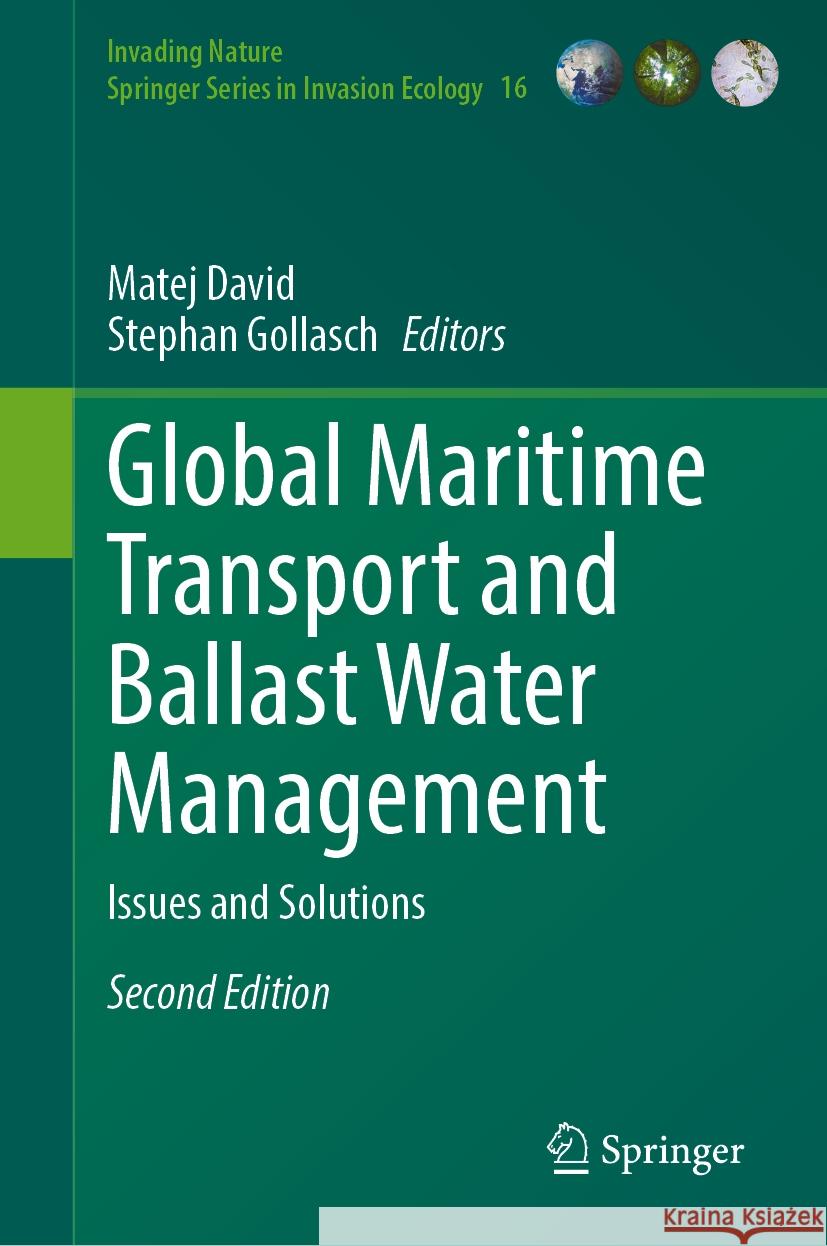Global Maritime Transport and Ballast Water Management: Issues and Solutions » książka
topmenu
Global Maritime Transport and Ballast Water Management: Issues and Solutions
ISBN-13: 9783031481925 / Angielski
Global Maritime Transport and Ballast Water Management: Issues and Solutions
ISBN-13: 9783031481925 / Angielski
cena 644,07
(netto: 613,40 VAT: 5%)
Najniższa cena z 30 dni: 616,85
(netto: 613,40 VAT: 5%)
Najniższa cena z 30 dni: 616,85
Termin realizacji zamówienia:
ok. 22 dni roboczych.
ok. 22 dni roboczych.
Darmowa dostawa!
Kategorie:
Kategorie BISAC:
Wydawca:
Springer
Seria wydawnicza:
Język:
Angielski
ISBN-13:
9783031481925











